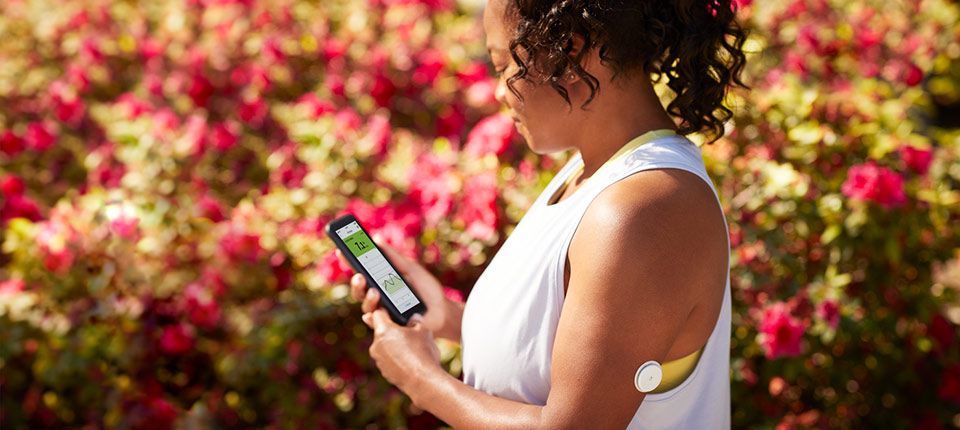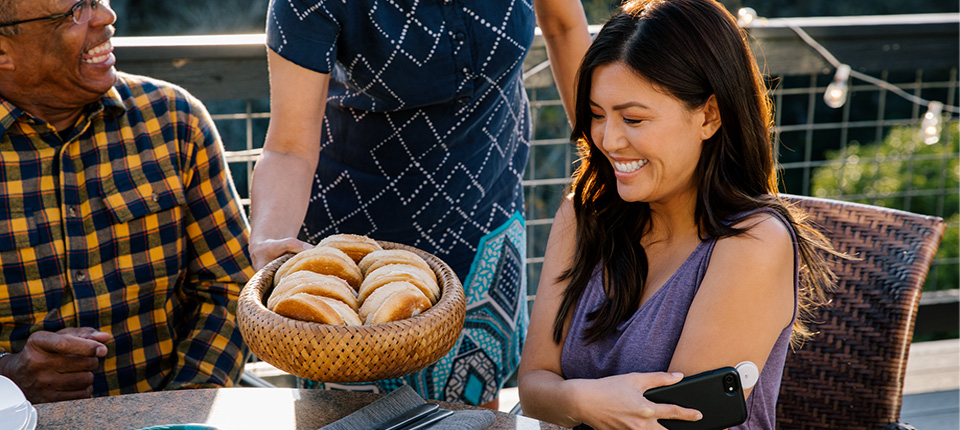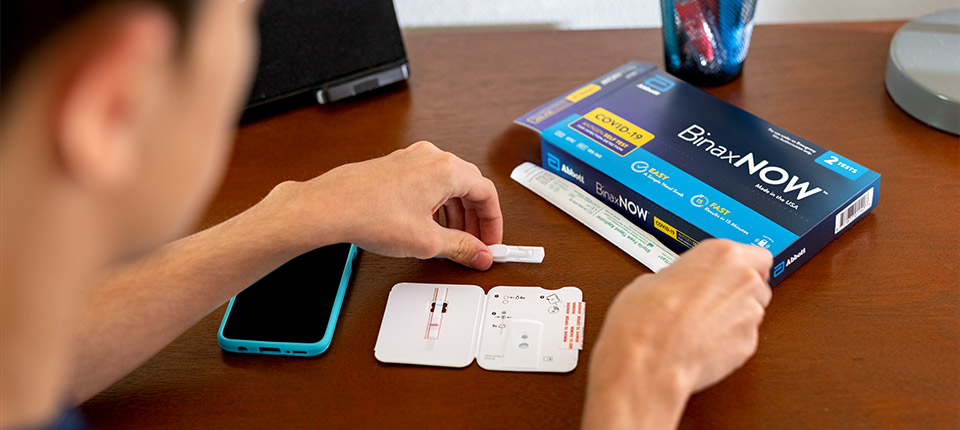3. Find what works for you and stick to it.
Marathon weekend, for many, means traveling, experiencing new places and cuisines, and heading to expos where dozens of nutrition options are on display.
“Stick to what you know,” Featherstun advised. “Learn in your training process what you’re comfortable with, and, in the days before the race, don’t try anything new.”
The truth is, we don’t always know how our bodies react to new foods. Featherstun recommends finding a solid nutrition game plan in your marathon training and thinking ahead to ensure those go-tos are available to you on race day.
If you love graham crackers (like Featherstun), pack a box to take with you if you’re unsure of where to find them near your race. If you know that a pasta dinner the night before a run works for you, find a restaurant in the area you’re staying in ahead of time.
Making sure that you have what works for you at your disposal on and before race day is key.
4. Establish your race day fueling routine.
Logistically speaking, marathons are tough.
How early do I need to get to the start line?
What time do I have to wake up?
How much should I be eating before my race?
Featherstun has been there.
She recommends eating something two hours before the race’s start time. And if you have a later start time, you may need to eat again to make sure you’re eating two hours out. Remember, you want to head into your race with as much fuel stored up as possible.
Simple carbs like bread, bagels and graham crackers are your best friend.
But one hurdle to getting a solid meal in before lining up at the start, as many runners experience, is nerves — which can then cause nausea or digestion issues.
“Try your best to eat in a neutral state,” Featherstun said. “Listen to music, put on a podcast, and generally try to distract your body from nervousness so we’re eating and digesting our best.”
At the end of the day, it’s all about knowing yourself. What works for you may be different than the runner lined up next to you, and locking in that routine prior to race day can bring a sense of calm to what can be an intense experience.
As Featherstun put it: “There’s so much about running that we can’t always control. The weather on race day, the logistics surrounding getting to the start line, and even our performance.”
But when it comes to nutrition and ensuring you have what you need to get to the finish line, set a new personal best or simply feel your healthiest — that’s where we can take control back.
Now you know. It’s your race — run it at your best.
Abbott is the title sponsor of the Abbott World Marathon Majors, a series of six of the largest and most renowned marathons in the world: Tokyo Marathon, Boston Marathon, TCS London Marathon, BMW BERLIN-MARATHON, Bank of America Chicago Marathon and TCS New York City Marathon.







FOLLOW ABBOTT